Amid Egypt’s rapid urbanization and commercialization, public parks serve as crucial sanctuaries of nature within its crowded cities.
It would not be unreasonable to assume that accordingly, these rare oases would receive utmost preservation efforts. Sadly, the truth paints a disheartening picture, with trees and green spaces falling victim to almost systematic destruction in today’s Egypt, all in the name of commercialization or road expansion.
In response to this trend, the initiative ‘Redefining Public Parks’ by Banlastic Egypt – an Alexandria-based environmental conservation organization – in collaboration with the German Embassy’s Cairo Climate Talks and the Alexandria Governorate, aims to breathe new life into public gardens.
Their focus began with the historic Shalalat Park in Alexandria, which holds significance as the city’s largest and oldest garden, with a rich history dating back to the days of the Ptolemies and influences from the Fatimid era.
On 29 July Banlastic Egypt organized a community event at Shalalat Park, featuring a range of workshops and speeches.
Key Moments from the Shalalat Event
The activities kicked off with a park clean-up, followed by a nature walk organized by Dayma Eco Experiences, during which participants explored rare plants and non-indigenous species present in the garden, as well as observed some of the area’s rare bird species.
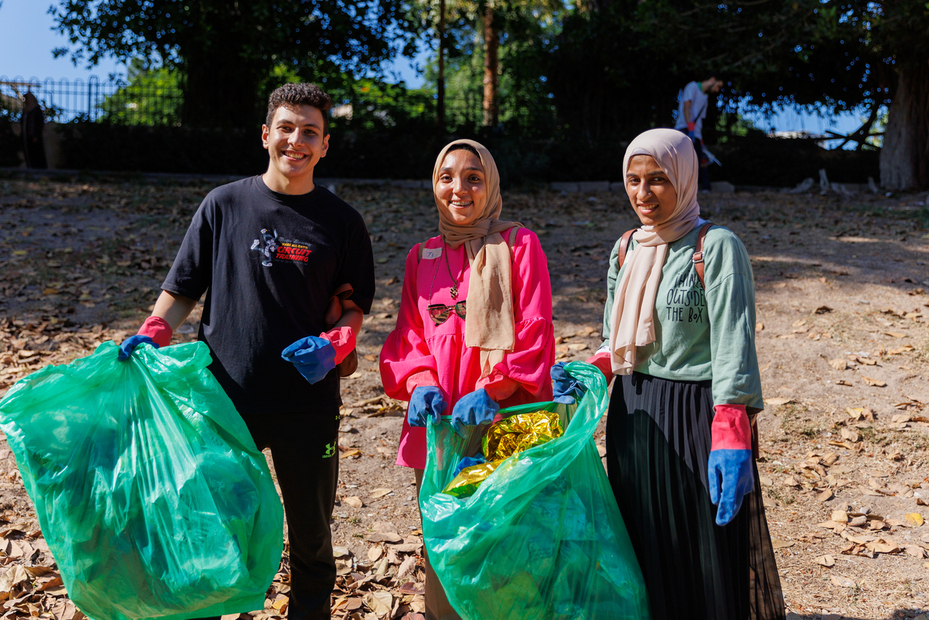
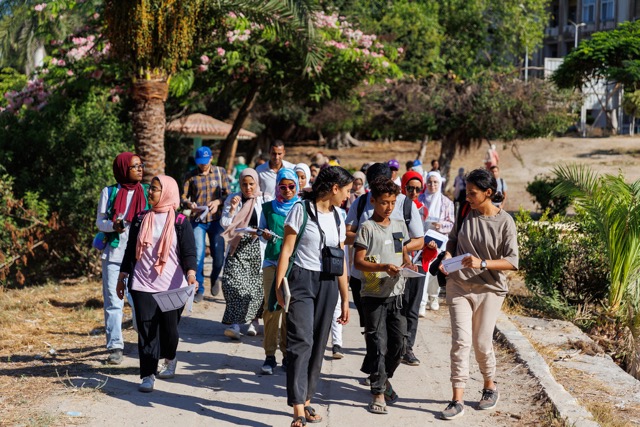
Geared towards children, the second workshop consisted of a nature walk and an opportunity for little ones to depict their favorite garden spots through creative drawings on paper.
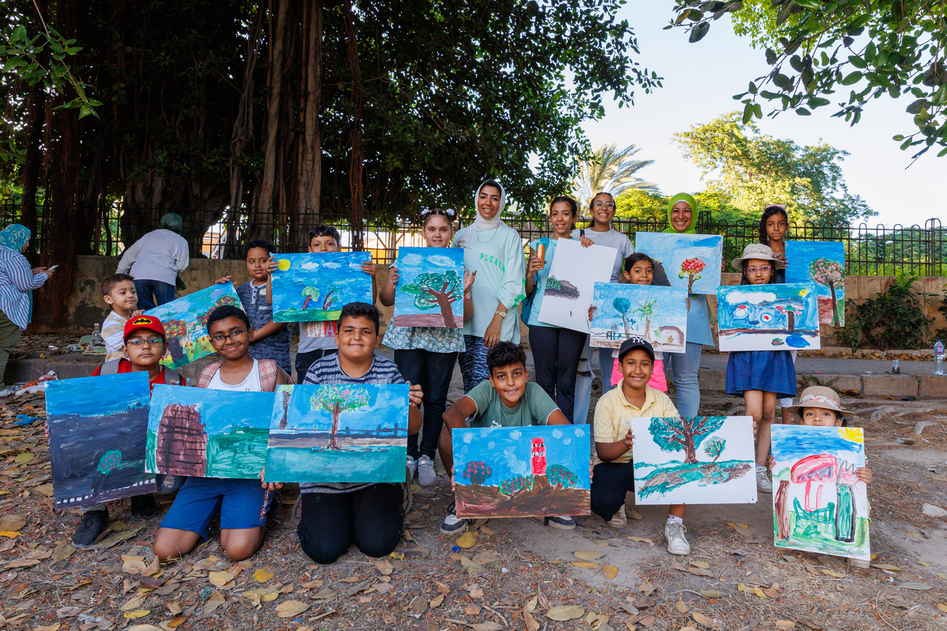
The final workshop, led by the independent Alexandrian artist Yassen Mahgoub, focused on upcycling plastic waste into musical instruments. Participants came together to experiment with creating a musical rhythm using sounds inspired by the nature around them.
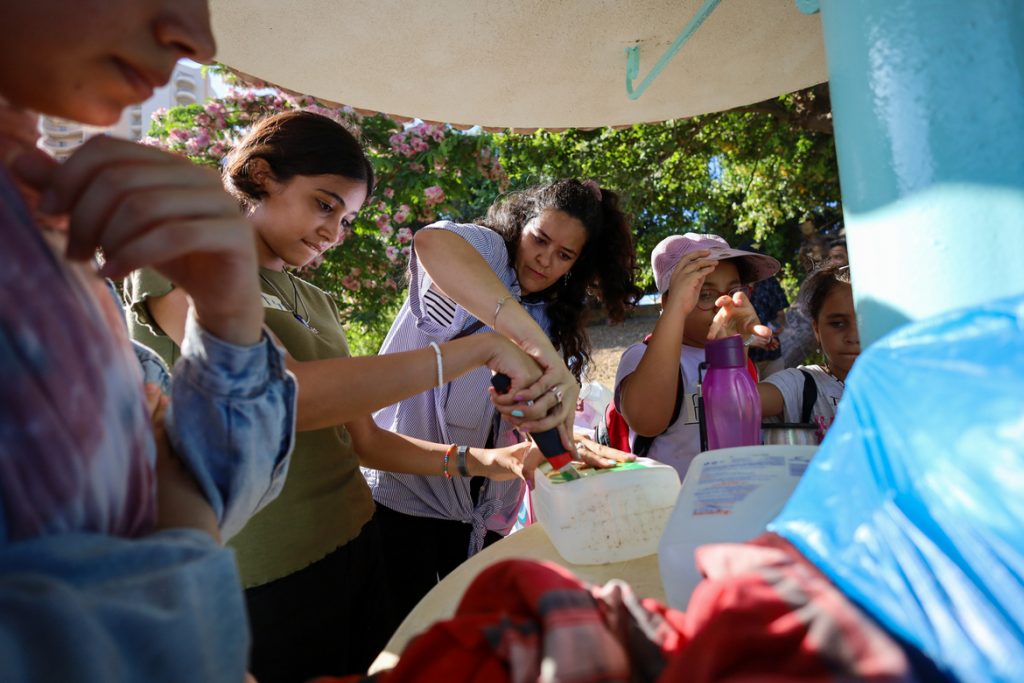
Conservation Through Active Use
At the event, Egyptian Streets spoke with Manar Ramadan, Co-Founder of Banlastic, who shed light on the need she sees to encourage greater use of public parks, as a way to counter their potential conversion into commercial projects.
“Cities are grappling with heightened congestion and escalating heat levels,” she explains. “People yearn for accessible green spaces where they can escape the urban rush and reconnect with nature.”
“Unfortunately, the expansion of roads and commercial projects often encroaches upon these cherished gardens, leading to tree cuttings and lost communal spaces,” she laments
The ‘Redefining Public Parks’ project addressed these challenges through a comprehensive approach: by rehabilitating seating areas, developing park amenities, and conducting thorough cleanups, the initiative managed to breathe new life into Shalalat Park.
However, Ramadan emphasizes that true success lies in community involvement.
“Our mission is not just about restoration; it’s about fostering a sense of ownership among residents,” she says. “We want people to actively participate in conservation efforts, to value and cherish these green havens, and advocate for their protection. Because if we want to save public parks, we have to use them, we have to occupy them.”
Beyond mere rhetoric, the event held at Shalalat Park – which drew in more than a hundred attendees from diverse age groups and backgrounds – was a testament to the commitment of many to safeguard Egypt’s green spaces.
View this post on Instagram
International Backing Strengthens Conservation Efforts
The Cairo Climate Talks (CCT) environmental platform, supported by the German Embassy in Cairo, complements this grassroots initiative by providing a broader framework for addressing climate change and environmental challenges.
Led by Lorena Mohr, Head of Science and Protocol at the German Embassy, the CCT has been instrumental in raising awareness about environmental issues for over a decade.
“Climate change affects everyone, and our platform serves as a bridge between scientists, policymakers, embassies, and civil society,” Mohr tells Egyptian Streets.
Collaborative partnerships, like those forged by Banlastic and the Cairo Climate Talks, are essential in the fight to preserve public parks. Their efforts extend beyond awareness-raising to engage decision-makers and advocate for policy changes that support sustainability.
“We believe in the power of collective action,” says Mohr.
“When young people and civil society organizations come together to voice their concerns, they wield influence and inspire change at all levels. But if no one is having a conversation about climate change, you can’t expect decision-makers to do anything about it.”
A Heavy Task
Nevertheless, the preservation of public parks is not a one-size-fits-all solution. The nuanced challenges of each park demand tailored approaches. While Shalalat Park faces the issue of inadequate maintenance, other parks across Egypt confront more politically sensitive threats like commercialization or encroachment by urban development that does not prioritize green spaces.
Engaging young people plays a pivotal role in raising public awareness. Banlastic and Cairo Climate Talks actively involve youth through workshops and educational initiatives, nurturing a deep-rooted commitment to environmental causes.
“Young people have the passion and innovation to carry this heavy cause,” says Ramadan. “They hold the key to sustainable change and are rightfully the custodians of our parks and the environment.”
As Egyptians grapple to safeguard public parks, one thing becomes abundantly clear: green spaces are not passive entities; they are living ecosystems intertwined with the well-being of communities.
Preserving them requires collective action, diverse perspectives, and a genuine understanding of the importance of nature. By engaging with the parks, advocating for their conservation, and joining hands in environmental initiatives, Egyptians can advocate against the eradication of these green oases, ensuring their preservation for generations to come.
Subscribe to the Egyptian Streets’ weekly newsletter! Catch up on the latest news, arts & culture headlines, exclusive features and more stories that matter, delivered straight to your inbox by clicking here.
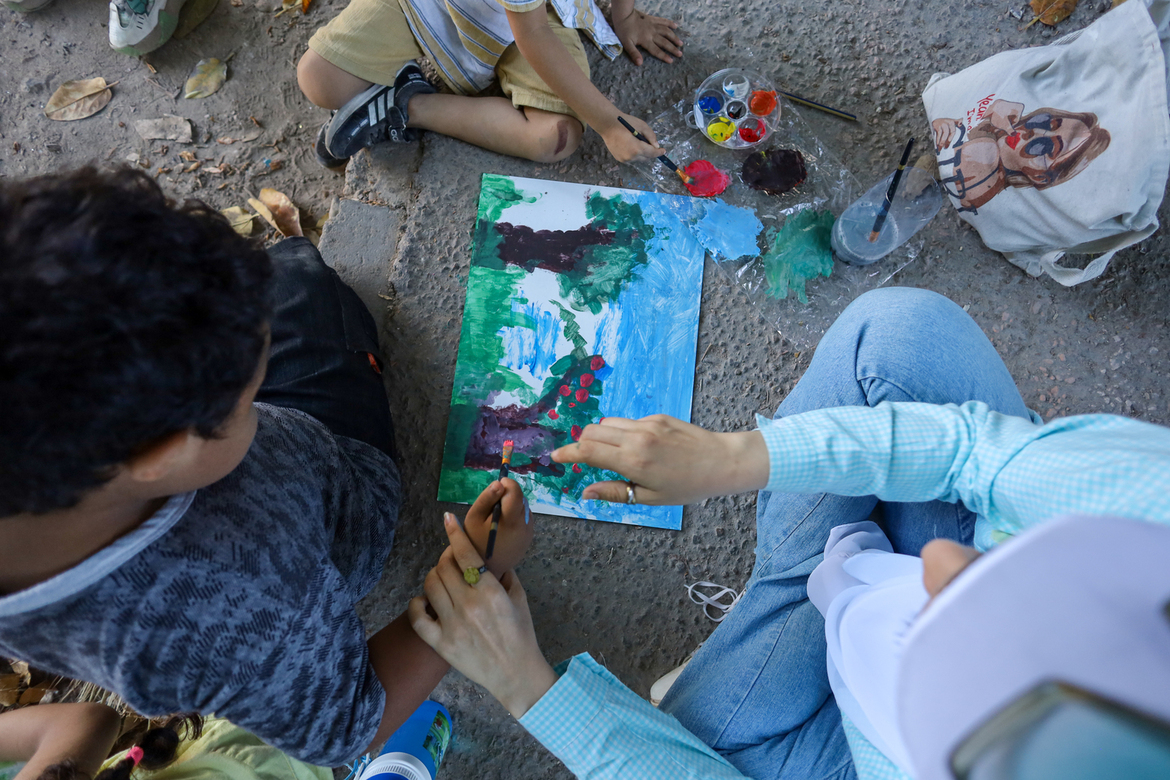



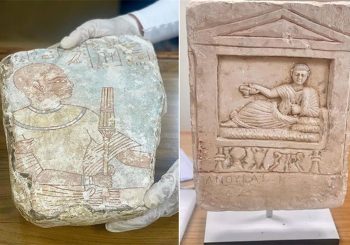
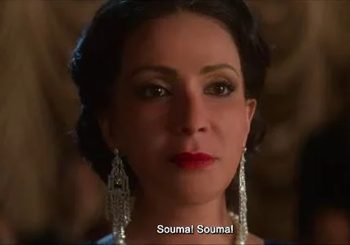

Comment (1)
[…] Source link […]